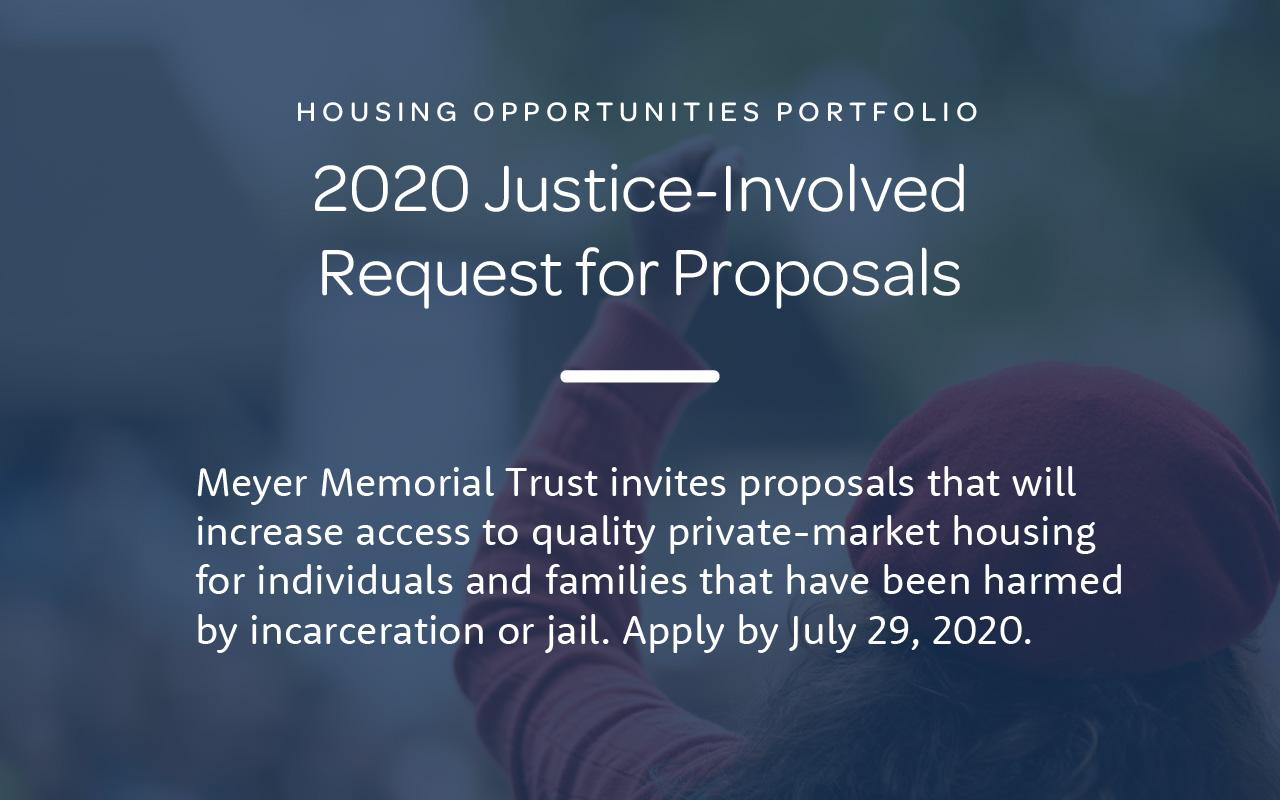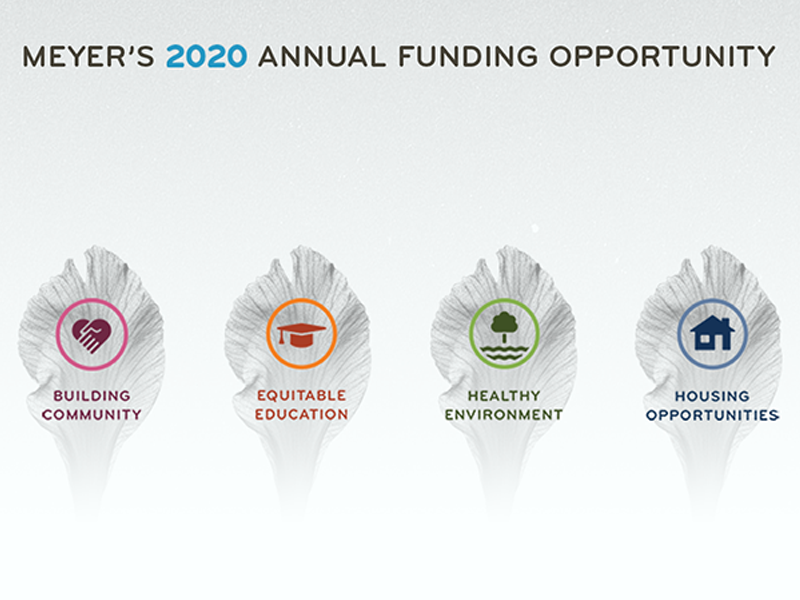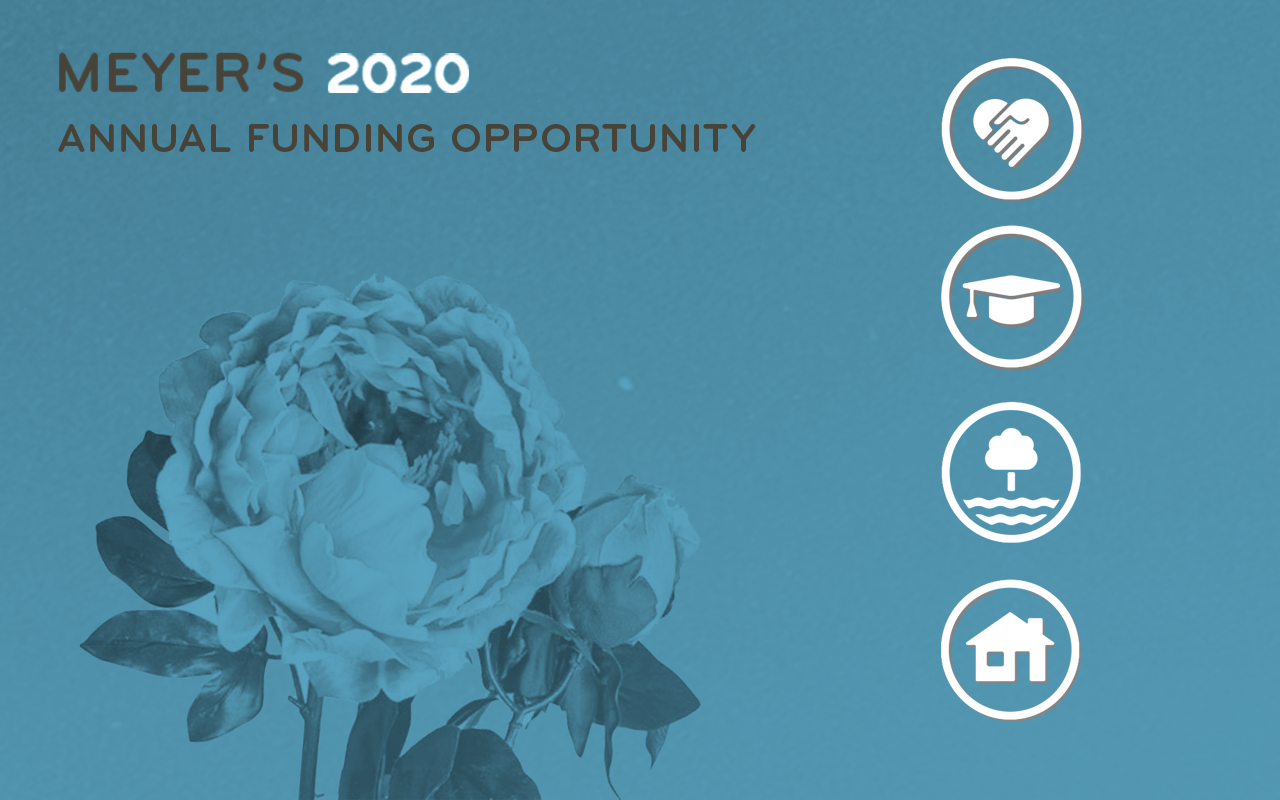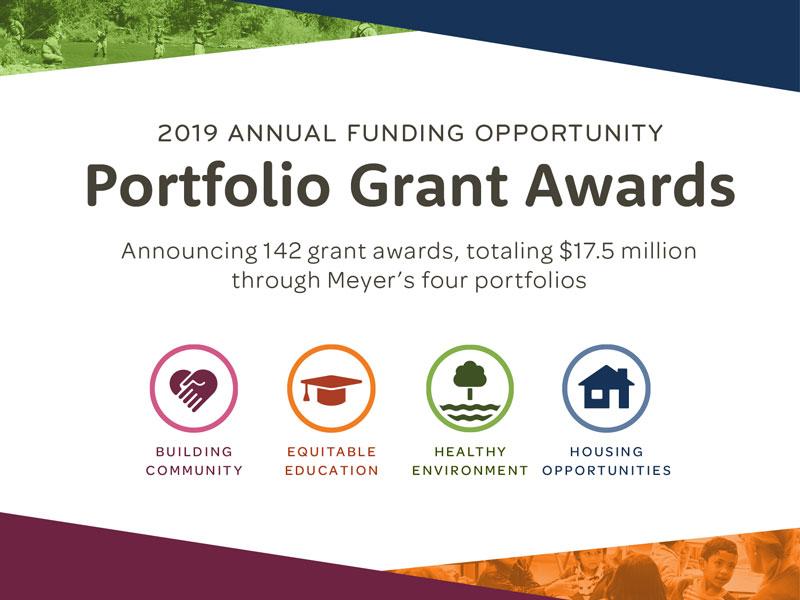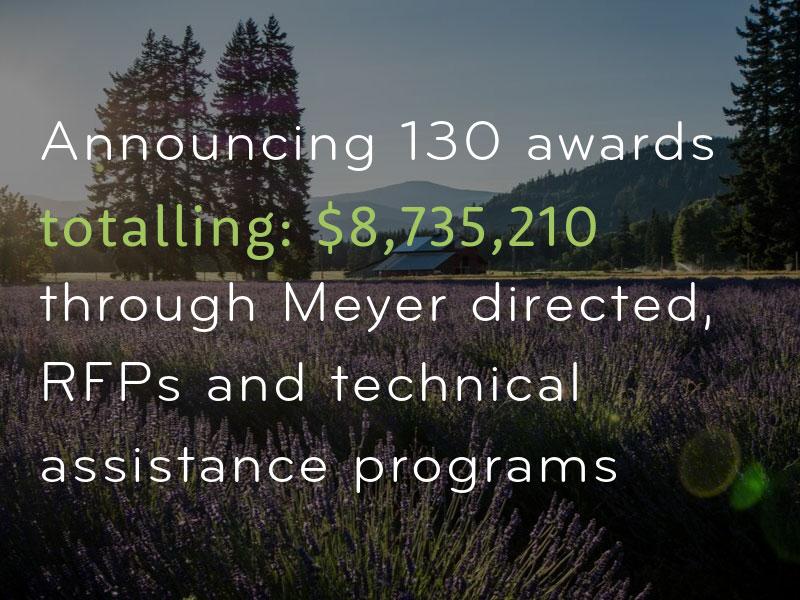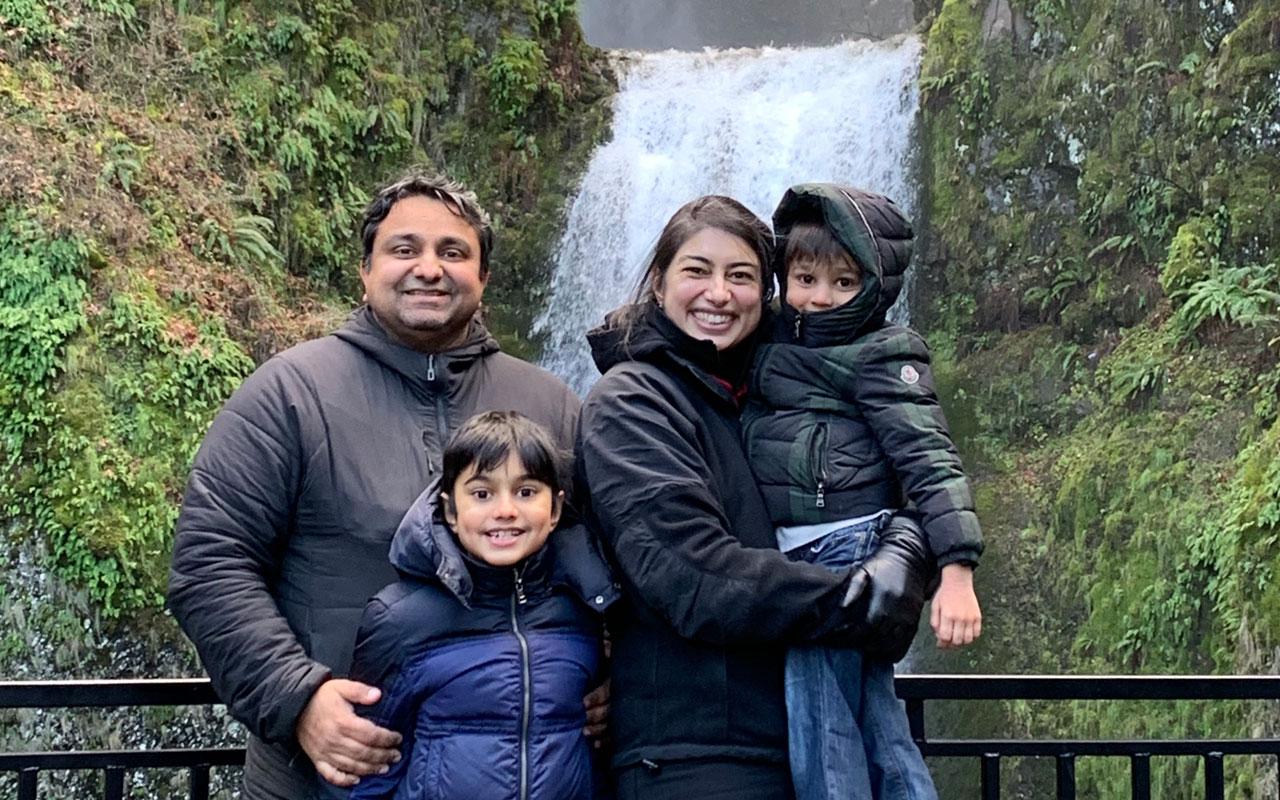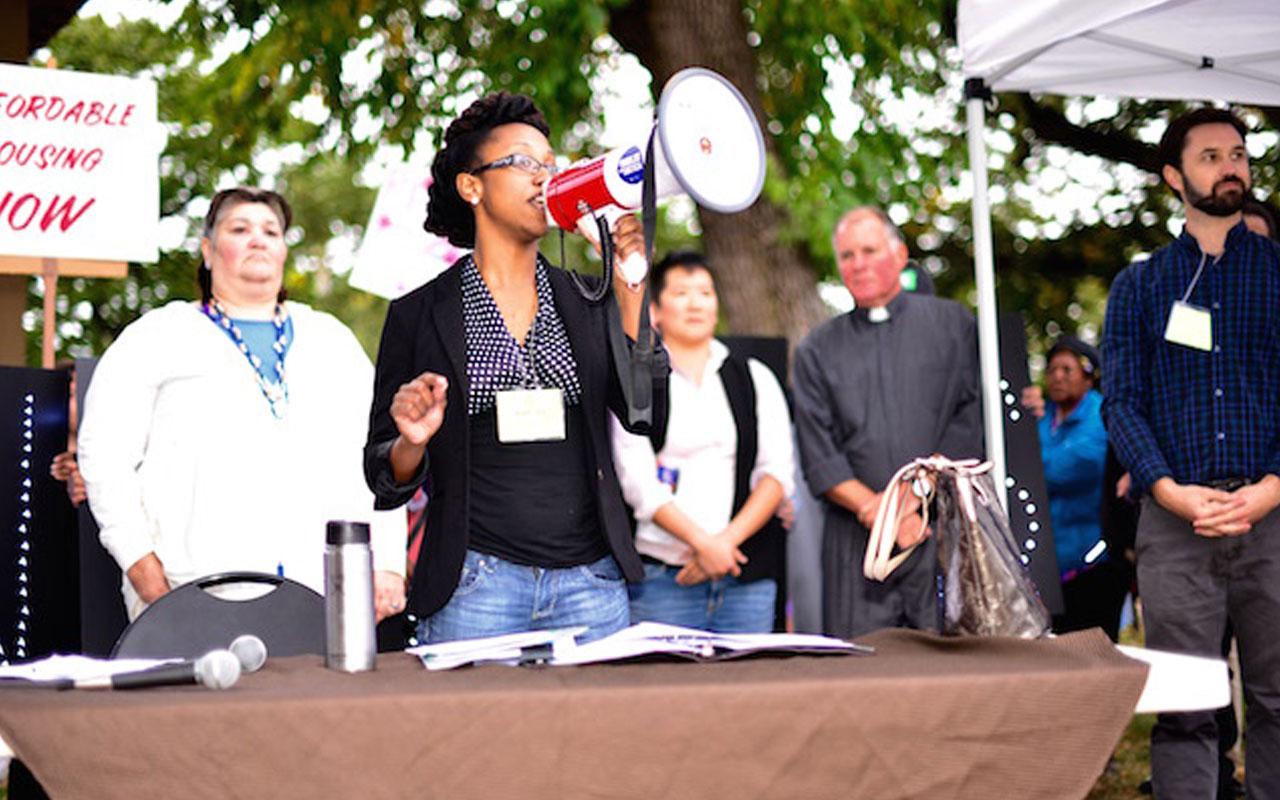Change is possible now: Justice Oregon for Black Lives
Three months before the heartbreaking footage of George Floyd’s murder ignited an inspiring wave of protests across the country, I had the privilege of leading a conversation at Meyer Memorial Trust with Alicia Garza, a co-founder of the Black Lives Matter movement. She was clear: If philanthropy wants to see real change, we must be bold in aligning our actions with our values.
“Change is happening with or without you,” she said. “You get to decide if you are agents of that change or passively receiving it.”
I have worked and stayed in philanthropy because I believe that it is possible for philanthropy to show up differently and to push toward the alignment of actions and values that are rooted in racial justice. Now feels like a historic moment when the momentum has built thanks to the work of so many. Change that we’ve been pushing for feels possible.
I’ve been angry with the emergence of every hashtag documenting a life taken and don’t want to be part of talk without action. As we began dreaming about Justice Oregon, centering Black leadership, nonprofits and communities, I felt the first glimmer of hope that pushed through the rage that had been my constant companion for so long. As it started to emerge as a five-year initiative instead of a short-term infusion of dollars, a feeling of possibility replaced despair.
Today we are heeding the call to action with $25 million in new funding to launch Justice Oregon for Black Lives, the largest commitment Meyer has ever made.
The initiative will be a long-term effort, co-created with Black communities to understand how we can show up as the best possible partners in the work to advance racial justice and equity in Oregon. We are beginning by redoubling our commitment to several Black organizations in Portland with whom we are well aligned and have long-standing relationships. We know organizations working on these issues need money right now, and we have awarded five initial Justice Oregon grants, totalling $1 million. We wanted to honor and dignify the work that has been done without needing to work through an onerous process. These organizations are historically under-resourced, and we are awarding general operating grants so that the organizations can decide for themselves the best way to meet this moment’s potential.
We will move another $290,000 to organizations mobilizing in the Metro region to increase public safety and curtail police violence. Some of these organizations are new to Meyer, but their ambitions align with our own, and we want to build lasting relations as we make Oregon a state that not only has anti-racism ideals but lives up to them. There are leaders who have brilliant ideas of how to make the most of this moment to make significant progress on an issue that has long impacted Black people living in Oregon. We wanted to send a strong signal that we support these efforts and want them to have resources and support for their work now.
To make these investments, we tapped our endowment. This is a rare decision. But it is one that meets this moment. It is more important to contribute to the movement than to be afraid or cautious, to hide behind policies and procedures to keep from taking action. We need to take risks to ensure we are able to manifest the potential of this moment. We are moving resources out of the protection of the endowment to invest in the leadership that will allow us to build a more just future. This decision gives us latitude to invest in emerging leadership and space to build new relationships. A soon-to-be-hired program director will oversee this additional line of work, which will be done in close collaboration with Black communities in Oregon. Our hopes are that we can build new relationships with individuals and organizations, think creatively and holistically about how to be in partnership, and be transformational and impactful with our grants.
This decision is only made possible because of the relationships we have with Black communities, individuals and institutions, which offer us wisdom and direction. We also can tap the lessons learned from our work on equity that the foundation committed to in 2016. And, last, we are guided by Black feminist leadership that believes agitation builds momentum.
We know trust is one of the greatest resources to offer other leaders doing the hard work to achieve justice.
We need to move at the speed of trust and balance the desire to respond to the urgency of the moment with the intentionality of setting a strong foundation for the work ahead. We are excited to share the first round of grantmaking and ask for your guidance and support as we co-create what comes next.
We expect that centering Blackness will enhance the importance of all the other aspects of our equity work. As the pandemic has shown so clearly, Black, Indigenous and People of Color communities are disproportionately impacted when crisis hits, and our commitment to Black communities signals a strengthening of our commitment to all communities of color in Oregon. We stand with our Native, Latinx and Asian-American communities, believing that we can manifest meaningful change for Oregon to create a sense of belonging for all who call it home. This is especially powerful because this state originally was created to exclude so many of us. We believe that by centering those most impacted, we will build a stronger system that works for all.
All lives cannot matter if Black lives do not matter. This is the moment for us to center and focus and be active in the creation of a shared liberation.
In solidarity,
— Kaberi

Photo caption: Two siblings—one holding a sparkler and the other a sign that reads “Black Lives Matter”—stand in solidarity at a violin vigil in Portland for Elijah McClain. Photo credit: Fred Joe Photo


